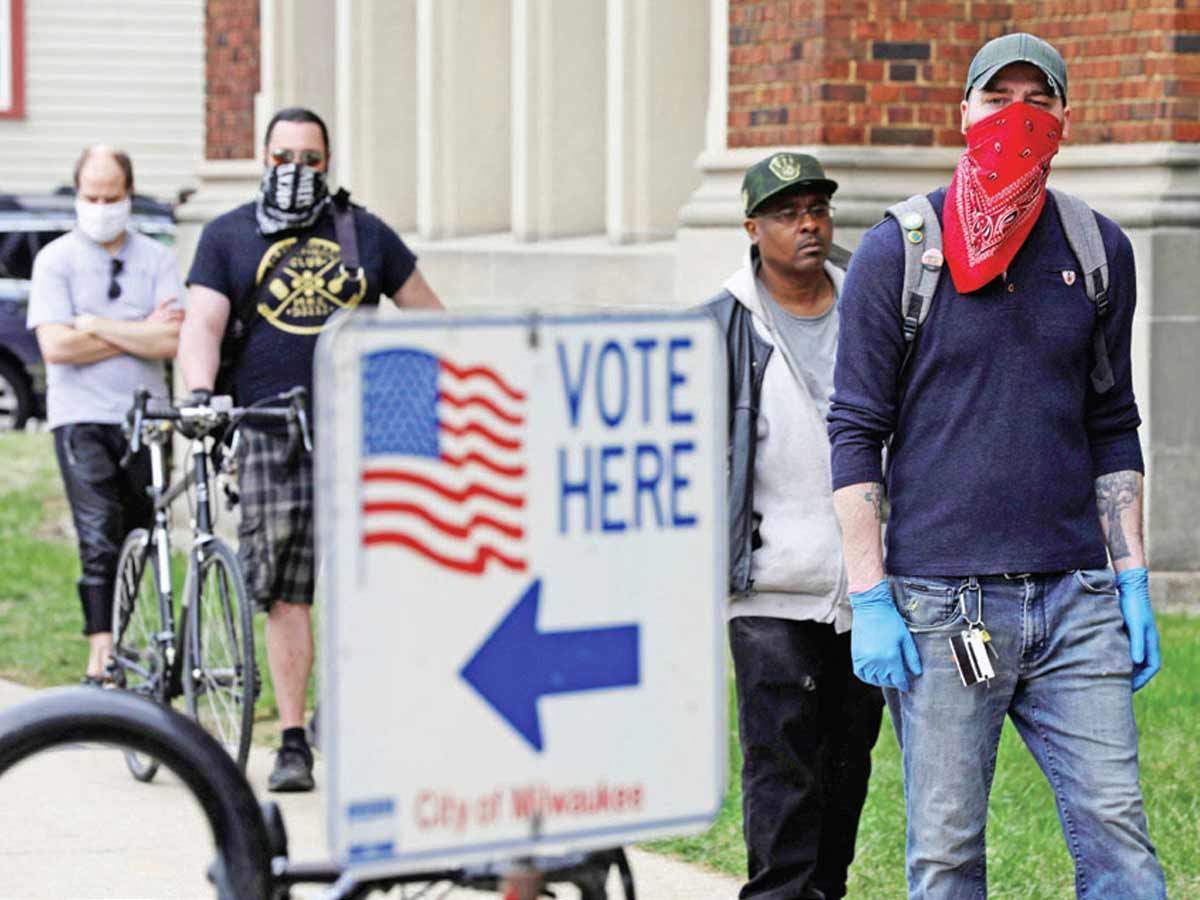As nations across the globe are struggling to combat the COVID-19 pandemic, much emphasis has not yet been laid on democracies in the world with respect to how elections and Parliament meetings will take place. With over 70 national elections scheduled for the rest of year, the Covid-19 pandemic is putting into question whether some of these elections will happen on time or at all.

Given the dangers of contagion to voters and poll workers, several governments have called for a delay of elections scheduled this year. Bolivia's interim government, for example, has postponed its general elections indefinitely and Chile's Congress has pushed back its constitutional referendum, a key concession in the face of recent protests.
Such delays should be accompanied by a clear timetable for rescheduling the vote agreed upon by all relevant political actors. However, the crisis will undoubtedly affect not only the timing of elections but also the nature and outcomes of elections by changing who votes, where they vote, and how they vote
Governments might resort to remote voting technologies, such as vote-by-mail, and online voting. However, in countries with weak digital infrastructure online voting may be vulnerable to hacking. Furthermore, in these nations, a significant number of citizens have little to no access to the internet. This may lead to the large-scale disenfranchisement of low-income voters, who are more likely to lack access to the internet. Moreover, foreign influence and election irregularities may call into question the legitimacy of election results.
Even if elections do go ahead as scheduled, voter turnout is likely to be considerably lower, particularly among the older demographic as they are more vulnerable to Covid-19. The poor and less educated, who normally vote in proportionally smaller numbers, are likely to have a substantially reduced turnout since they have been facing greater daily challenges during the pandemic.
Covid-19 has impacted the working of the legislatures as well. Legislatures are shouldering the huge responsibilities of passing emergency measures, appealing to the federal government for financial aid packages and rushing through budget bills.
Making the matter more complex, several states in the USA such as Ohio and Minnesota require legislators to meet in person; if lawmakers in these states cannot meet face to face, they cannot legislate. These restrictions make little sense in an increasingly digital world and even less sense during emergencies like the Covid-19 pandemic.
Spain, Brazil, Norway and Finland have all amended their laws to allow for remote sittings. In some instances, more flexible interpretation of laws and procedure could allow legislators to execute their responsibilities through remote sittings of legislative bodies.
Speaker Nancy Pelosi of the US House of Representatives also threw her support behind a plan to allow House members to cast votes remotely or by proxy, stating that the Covid-19 pandemic has forced Congress into an extended recess which requires historic modifications to how the institution has operated for centuries.
When contingency plans are the need of the hour, legislatures must soon decide on how they can legislate through remote sittings because it's better to have a virtual legislature than to have no legislature at all.